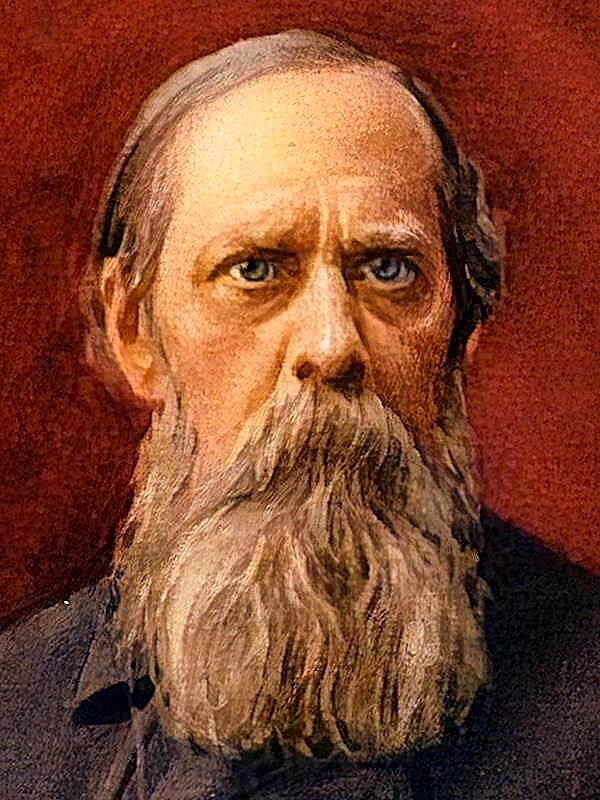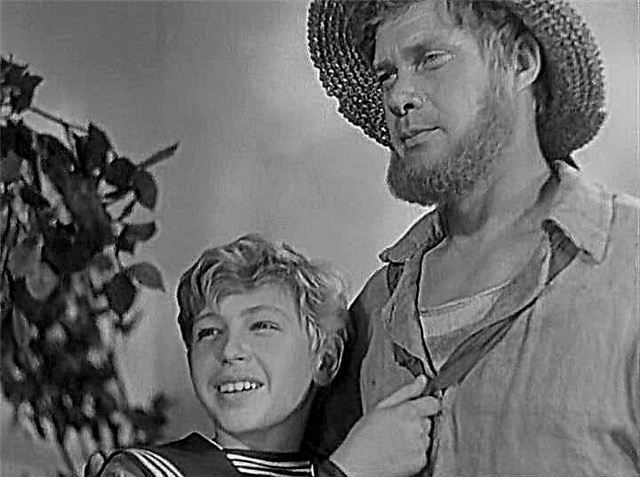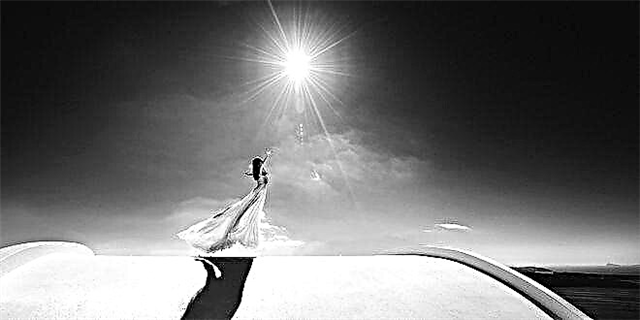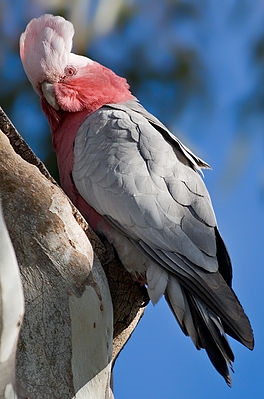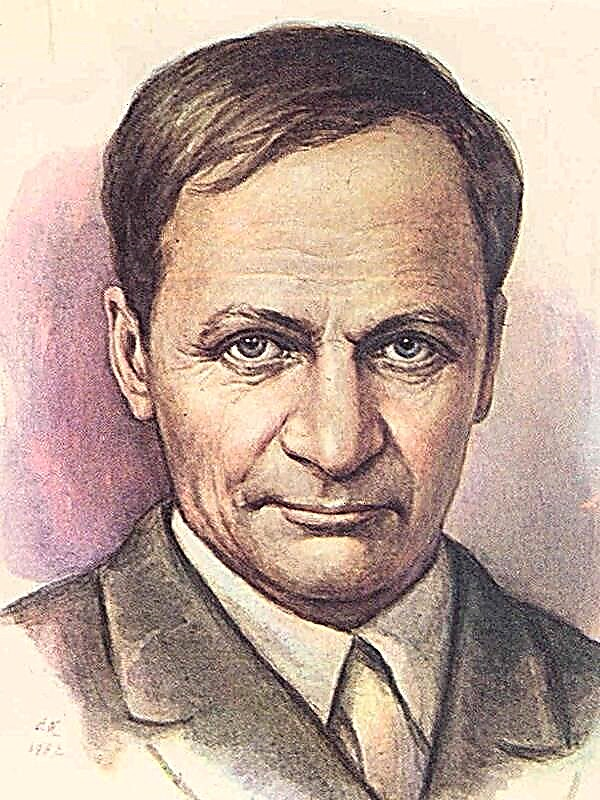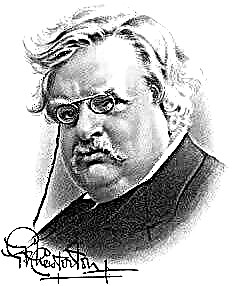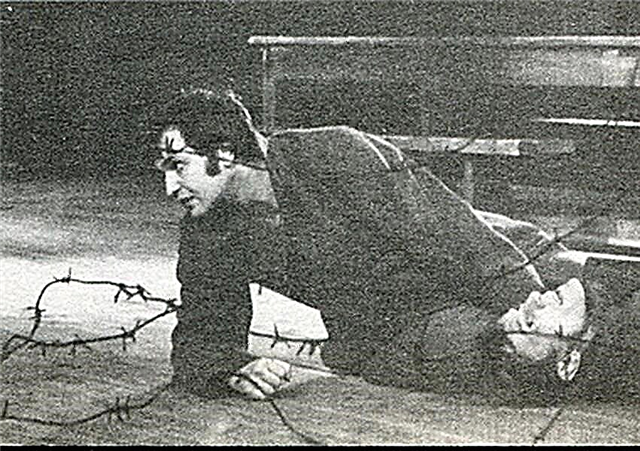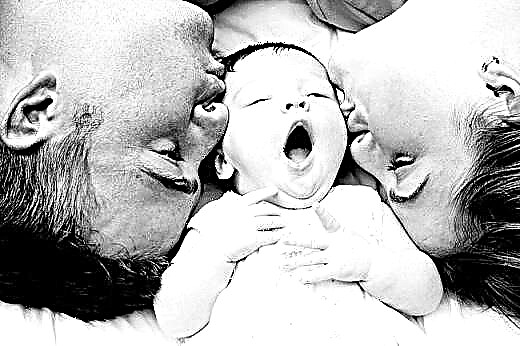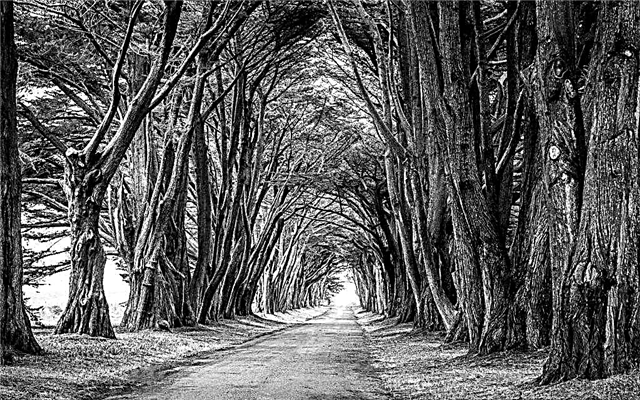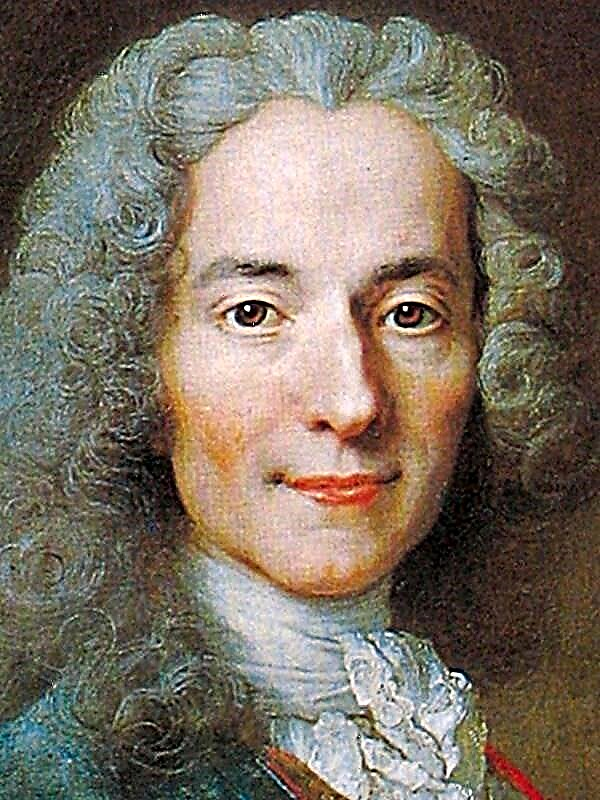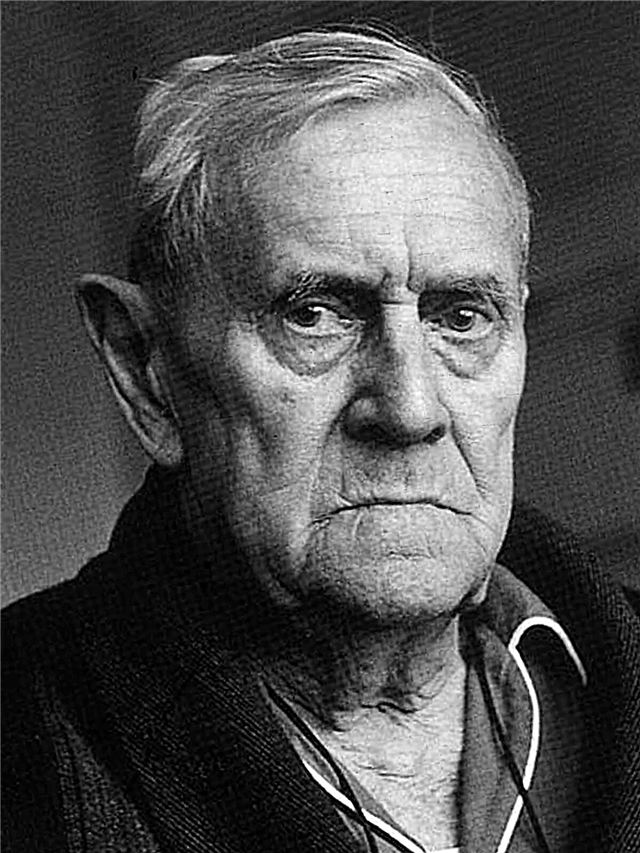The hero of the novel, Vladimir Sanin, lived for a long time outside the family, which is probably why he easily takes possession of the threads of all the collisions that he notices in his native house and in a familiar city. Sister Sanina, the beautiful Lida, “the delicate and charming interweaving of graceful tenderness and dexterous strength”, is carried away by her completely unworthy officer Zarudin. For a while, they even meet to their mutual pleasure with the small difference that after the meetings, Zarudin has an even good mood, and Lida has longing and resentment for herself. Having become pregnant, she rightly calls him "cattle." Lida did not expect a proposal from him at all, but he does not find words to reassure the girl for whom he became the first man, and she has a desire to commit suicide. Her brother saves her from a rash step: “You should not die. Look how good ... Looks like the sun shines, how the water flows. Imagine that after your death they find out that you died pregnant: what do you care! .. So, you die not because you are pregnant, but because you are afraid of people, afraid that they will not let you live. The whole horror of your misfortune is not that it is misfortune, but that you put it between yourself and your life and think that there is nothing behind it. In fact, life remains the same as it was ... ”The eloquent Sanin manages to convince a young but timid Novikov in love with Lida to marry her. He asks for her forgiveness for her (after all, it was only “spring flirting”) and advises, not thinking about self-sacrifice, to surrender to the end of his passion: “You have a bright face, and everyone will say that you are a saint, but you have absolutely nothing to lose , Lida had the same hands, the same legs, the same passion, the same life ... It's nice to enjoy knowing that you are doing a holy work! ” Mind and delicacy in Novikov is enough, and Lida agrees to marry him.
But it turns out that officer Zarudin is also familiar with remorse. He appears in a house where he has always been well received, but this time he was nearly kicked out the door and screaming after him so that he would not return. Zarudin feels offended and decides to challenge “the main offender” Sanin to a duel, but he categorically refuses to shoot (“I do not want to kill anyone and I still do not want to be killed”). Having met in the city on the boulevard, they once again find out the relationship, and Sanin puts Zarudin with one blow of his fist. A public insult and a clear understanding that no one sympathizes with him cause the dapper officer to shoot himself in the temple.
In parallel with Lida’s love story, a novel of a young revolutionary Yuri Svarozhich and a young teacher Zina Karsavina develops in a quiet patriarchal city. To his shame, he suddenly realizes that he does not fully love a woman, that he is not capable of surrendering to a mighty impulse of passion. He cannot take possession of a woman, make fun and leave her, but he cannot marry either, since he is afraid of philistine happiness with his wife, children and household. Instead of breaking with Zina, he commits suicide. Before his death, he studies Ecclesiastes, and "a clear death causes in his soul an unlimited grave malice."
Sanin, succumbing to the charm of Zinina's beauty and summer night, declares her love. She is happy as a woman, but she is tormented by remorse for her lost "pure love." She does not know the true reason for the suicide of Svarozhich, she is not convinced by the words of Sanin: “Man is a harmonious combination of body and spirit, until it is broken. Naturally, it is only the approach of death that violates it, but we ourselves destroy it with an ugly worldview ... We branded bodies with animals, became ashamed of them, clothed them in a humiliating form and created a one-sided existence ... Those of us who are weak in essence do not notice it and eke out life in chains, but those who are weak only as a result of the false view of life and themselves that bind them together are martyrs: the crumpled force breaks out, the body asks for joy and torments them. All their life they wander among the bifurcations, grab each straw in the field of new moral ideals and in the end they are afraid to live, yearn, afraid to feel ... "
Sanin’s bold thoughts frighten the local intelligentsia, teachers, doctors, students and officers, especially when Vladimir says that Svarozhich “lived foolishly, tortured himself for nothing and died a stupid death.” His thoughts of the “new man” or even the superman are spread throughout the book, in all dialogs, in conversations with his sister, mother, and numerous characters. Christianity revolts him in the form that was revealed to man at the beginning of the 20th century. “In my opinion, Christianity played a sad role in life ... At a time when humanity was getting intolerable and there wasn’t enough for all the humiliated and destitute to take up the mind and, with one blow, overturn an impossibly difficult and unjust order of things, just destroying everything that lived in the blood of others, just at that time a quiet, meekly wise, promising Christianity appeared. It condemned the struggle, promised inner bliss, inspired a sweet dream, gave the religion of non-resistance to evil by violence and, in short, let off steam! .. On a human person too indomitable to become a slave, Christianity put on a penitential mantle and hid all the colors of the human spirit under it ... It deceived the strong, who could now, today, take their happiness in their hands, and transferred the center of gravity of their lives to the future, to the dream of a nonexistent one that none of them will see ... ”Sanin - revolutionary of Nietzschean-Dionysian style - painted by the author of the book as a very pretty and attractive face. For modern ears, he is neither cynical nor rude, but the Russian province, a stagnant swamp of inertness and idealism, rejects it.

